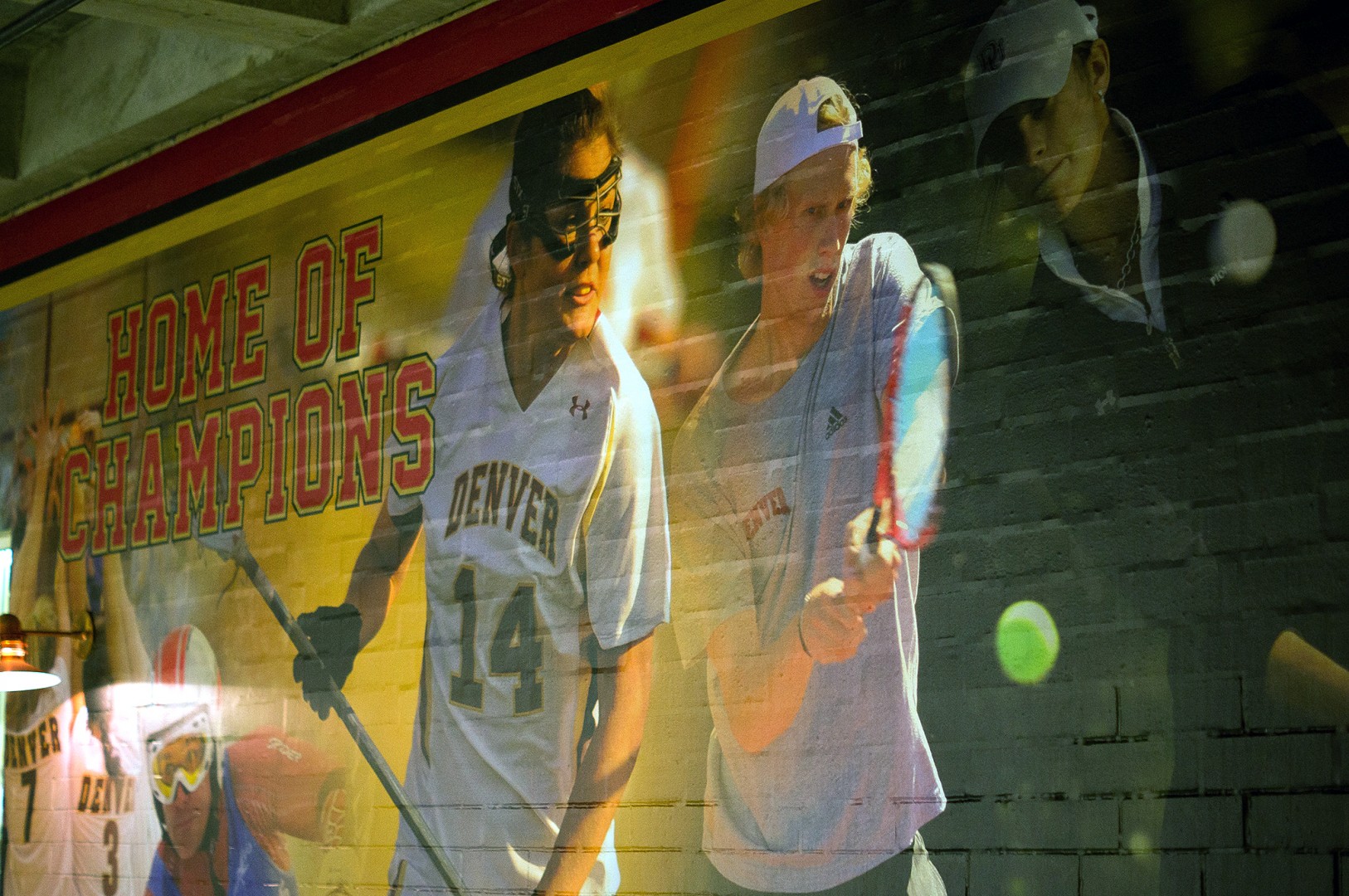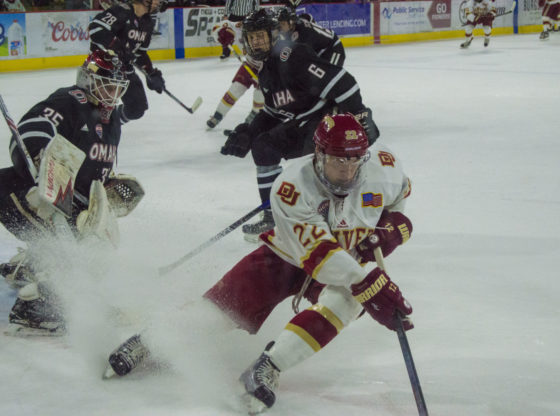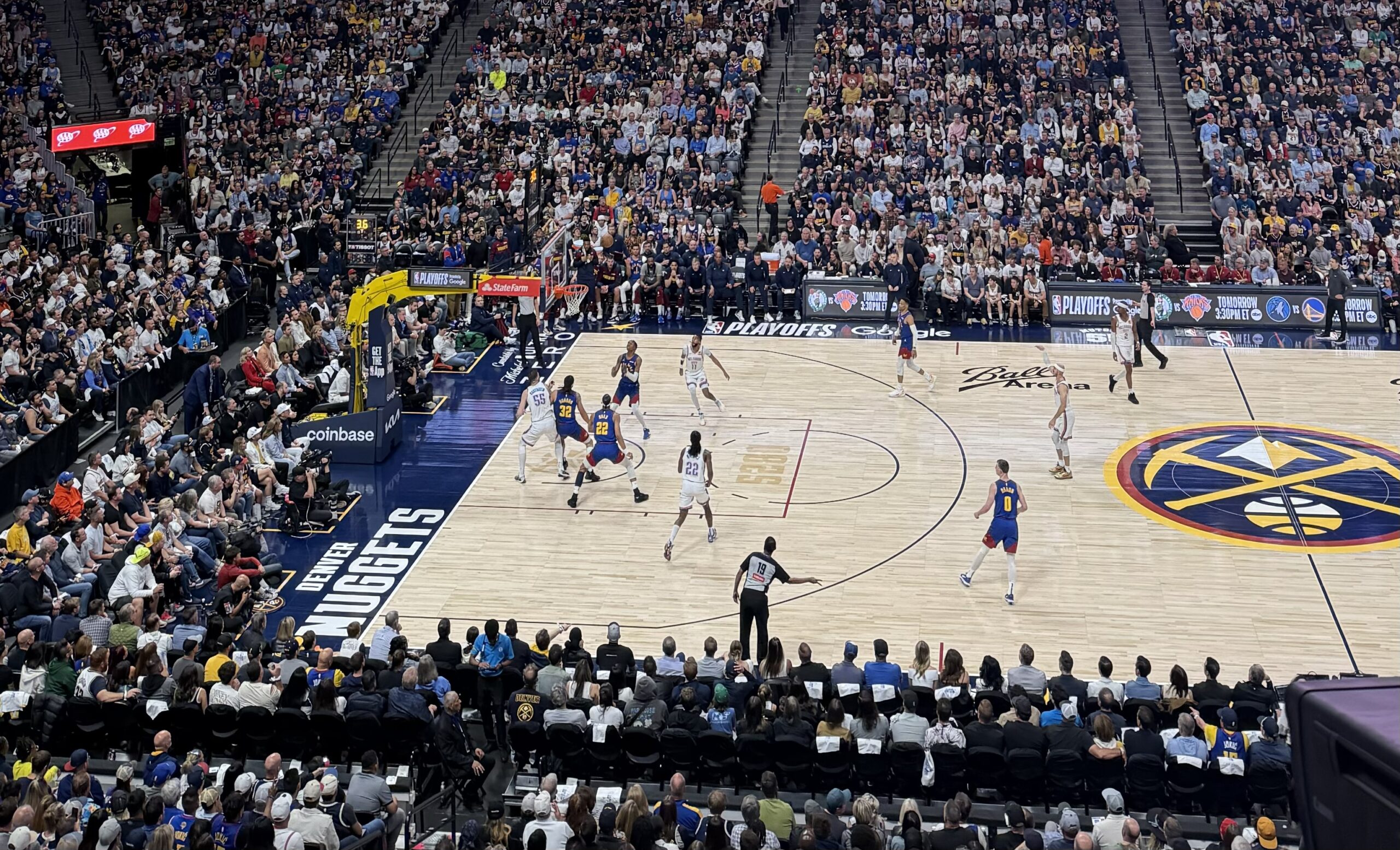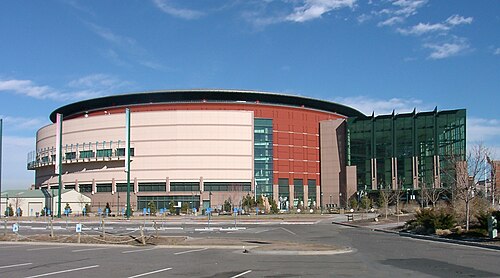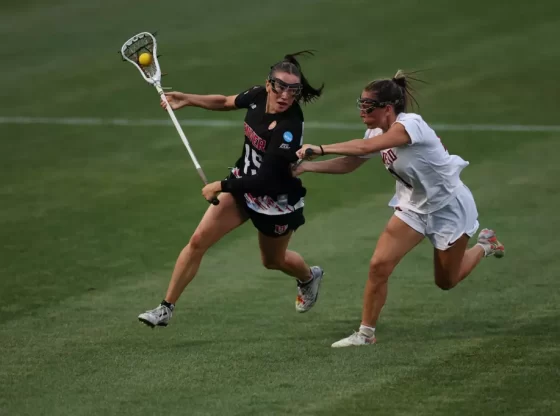
Throughout the course of the 2012-2013 academic year, DU will transition 10 of its 17 athletic programs into the Western Athletic Conference (WAC) after leaving the Sun Belt Conference (SBC) last spring. At the same time, six of the 10 current members of the WAC will prepare to leave the conference in the summer of 2013, leaving both the Pioneers’ and the conference’s futures uncertain.
The SBC housed the majority of Denver athletic programs for more than a decade, but the growing prominence of Pioneer athletics and the lengthy travel distances required for conference competitions prompted the university to find a new home.
After nearly seven years of conference calls and meetings with conference commissioners, DU found that home in the WAC, beginning with the 2012-2013 athletic season. In the spring of 2012, however, six members of the WAC announced their departures after this year, leaving only four concrete members of the conference after this season.
In the summer of 2013, San Jose State and Utah State will leave the WAC for the Mountain West Conference, while Louisiana Tech and Texas-San Antonio will join Conference USA and Texas State and UT Arlington will move to the SBC.
That leaves only four members – University of Denver, Seattle University, New Mexico State and University of Idaho – in the WAC after this season. With five football programs leaving the conference and Denver and Seattle not having football programs at all, WAC Commissioner Jeff Hurd already announced that the conference cannot continue as a Football Bowl Subdivision (FBS) conference for the 2013 season.
“It doesn’t mean we’ve given up on the idea of football for the future, but it’s apparent we don’t have enough members in 2013 to play football,” Hurd told The Associated Press in August.
In fact, the WAC needs to add at least two new members by the fall of 2013 to continue even as a Division I non-football conference, which requires a minimum of six teams. Ideally, the conference would want seven or eight teams. However, with large-scale conference shifts happening across the nation, very little is concrete about future alignments.
“I wish I could tell you it’s going to calm down, but I don’t think it’s going to,” said Peg Bradley-Doppes, DU’s vice chancellor for athletics and recreation. “It’s not a DU issue; it’s the world of intercollegiate athletics. The biggest question is: How do we make sure in these turbulent waters that there’s a safe haven for us? When the whole world of intercollegiate athletics is blowing up, let’s just focus on us.”
Moving forward, the university will remain loyal to the WAC and will exhaust its resources in trying to keep the conference alive, according to Bradley-Doppes.
“We made a commitment to the four remaining institutions to exhaust everything,” said Bradley-Doppes. “We gave our word that we’re in it for this year, and we hope we’ll be able to solidify the WAC [for next year].”
This year, men’s and women’s basketball, women’s soccer, men’s and women’s golf, men’s and women’s tennis, volleyball, gymnastics and women’s swimming and diving will all compete in the WAC, which was formed in 1962 and is the sixth-oldest Division I FBS conference active today.
The WAC is the first Division I conference to lose its FBS status since the Southwest Conference did in the 1990s. Less than a year after that happened, the SWC dissolved entirely.
While the future home of Pioneer athletics remains uncertain, Bradley-Doppes said the future of Pioneer athletics itself remains bright.
“The great thing about DU is that because of our menu of sports, we have national exposure,” said Bradley-Doppes. “Before we went into the WAC, I spent the last six years talking to other conference commissioners about our programs. There will be a home for us [if the WAC does not continue]. But we gave our word to the WAC, and we will exhaust that before we look at other opportunities. But my job is for us to always be prepared, to make sure this institution always has a home that meets our needs.”

